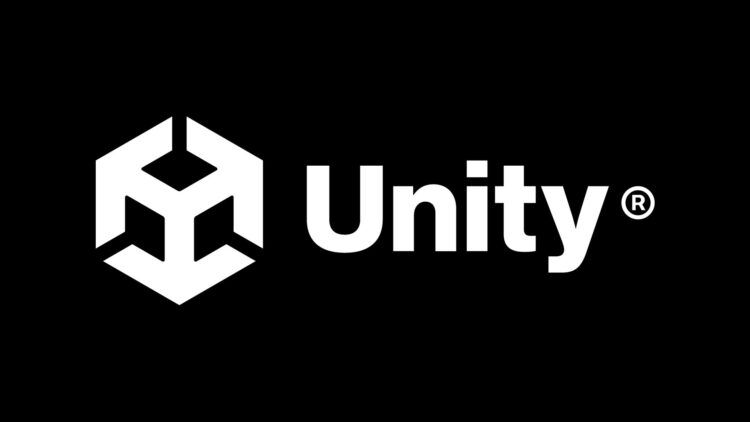In a recent announcement that sent shockwaves through the gaming industry, Unity, the renowned game engine, unveiled significant changes to its pricing structure. As we approach January 1st, 2024, Unity is set to implement a pay-per-download pricing scheme, which has left game developers puzzled and, in some cases, angry.
In this article, we delve into the details of these modifications, the concerns voiced by developers, and what this means for the future of game development.

Understanding the new pricing scheme of Unity
Unity’s new pricing model, scheduled to take effect on January 1st, 2024, introduces a pay-per-download system. Under this system, developers will be charged a flat fee each time a game is developed using Unity’s software, irrespective of whether that installation leads to a sale. This shift from the traditional pricing model, based on subscription tiers, has raised eyebrows across the developer community.
Unity has established revenue and download thresholds that determine when these fees come into play, with variations based on the developer’s subscription tier. These tiers range from Personal to Pro. Notably, the fee structure differs depending on the game’s market, with “standard” markets incurring higher fees compared to “emerging” markets.
One reassuring aspect of Unity’s new pricing strategy is that it will only take into account the activity generated after January 1st, 2024. For instance, if you’re a Unity Personal subscriber with a game that has made $200,000 and has 200,000 downloads by the start of 2024, you’ll only be subject to the new fees for any downloads occurring after that date. This ensures that retroactive charges won’t burden developers.

Developer concerns
However, despite Unity’s attempts to clarify the situation, the announcement has generated fear, frustration, and concern within the game development community. The primary source of consternation is the potential impact on solo developers, indie studios, marginalized creators, and mobile game makers. They fear that this new pricing structure will squeeze their already narrow profit margins, making game development a less viable pursuit.
One glaring issue is Unity’s assessment of fees based solely on the number of installs, seemingly without consideration for various reasons, both legal and illegal, why a game might accumulate multiple installations without corresponding purchases.
This poses a challenge for developers whose games have extensive downloads but limited revenue generation. Pirated copies, demos, downloads across multiple devices, and games featured on subscription services like Game Pass are all scenarios that could trigger these new fees.

Furthermore, developers are worried about the potential for abuse. Malicious actors could exploit the system by repeatedly downloading and uninstalling games, leading to inflated charges. This has raised questions about how Unity intends to prevent such abuses and whether these measures might inadvertently infringe upon government privacy laws.
Unity’s decision to eliminate the Unity Plus subscription tier, which was priced at approximately $400 per year, has left former users concerned. After their one-year subscription expires, they’ll likely have to transition to the new, more expensive Pro rate, which currently exceeds $2,000 per year. This cost increase exacerbates the financial burden on developers.
Another significant worry among developers is the potential impact on digital preservation efforts. The new pricing structure may incentivize game makers to delist older games to avoid ongoing charges. This could have implications for the accessibility and preservation of gaming history.
In conclusion, Unity’s pricing changes have ignited a firestorm of discontent among game developers. Many fear the adverse effects on their livelihoods, especially those without the financial backing of major publishers. As we approach January 1st, 2024, developers, Unity, and the gaming industry will closely watch how these adjustments reshape the game development landscape.
Featured image credit: Unity





